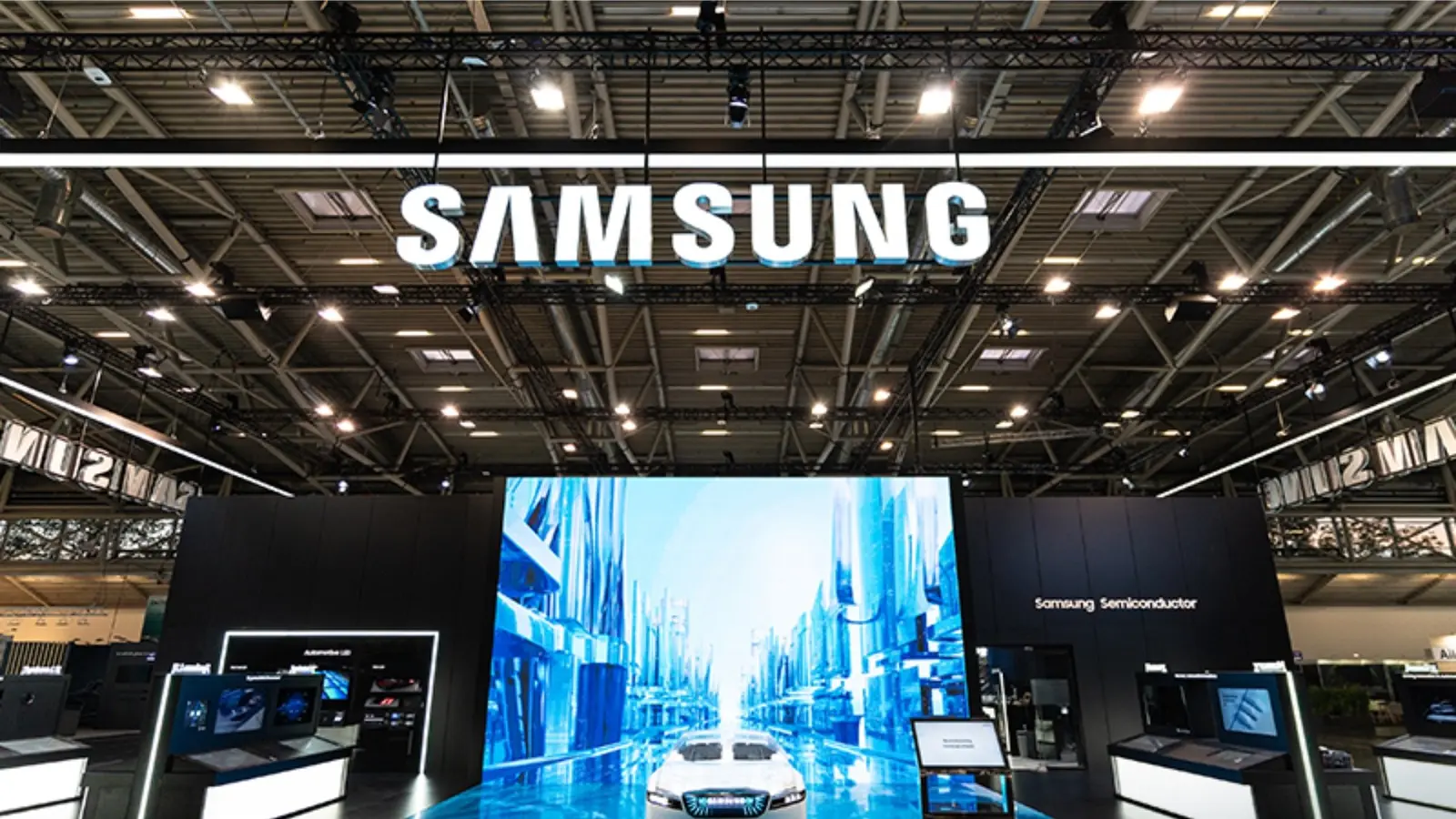3 Minutes
Samsung Foundry has reportedly won a major contract to manufacture millions of 8nm semiconductor chips for Hyundai Motor Company, bringing the South Korean chipmaker deeper into the automotive supply chain. The deal marks another step in Samsung's push to diversify beyond smartphone processors and reclaim ground lost to rivals.
Why Hyundai chose 8nm for its autonomous-driving chip
According to industry reports, Hyundai designed the autonomous-driving chip in-house and opted for an 8nm process because it offers a cost-effective balance of performance and efficiency compared with bleeding-edge nodes. The company plans to finish development by 2028, with Samsung slated to begin mass production around 2030.
Hyundai's strategy is pragmatic: use 8nm for broad deployment across mainstream models from Hyundai, Kia and Genesis, while reserving a smaller run of 5nm chips for top-tier, premium vehicles—likely Genesis flagships—where higher performance justifies the cost.
What Samsung gains and why it matters
For Samsung, this contract is more than another client win. After losing some foundry business to Taiwan's TSMC in recent years, including customers like Nvidia and Qualcomm, Samsung has been aggressively courting diverse partners. Automotive chips represent a steady, high-volume market that fits Samsung's goal of reducing reliance on smartphone chip demand.
- Design completion: Hyundai aims to finish chip development by 2028.
- Mass production: Samsung plans large-scale 8nm manufacturing starting in 2030.
- Chip allocation: 8nm for several models across brands; 5nm reserved for premium cars.

Samsung’s broader foundry push: beyond phones
Samsung isn't focusing only on automotive silicon. The foundry has sent sample chips to Qualcomm for evaluation of a Samsung-produced version of the Snapdragon 8 Elite Gen 5, and it’s pursuing next-generation nodes like 2nm. At the same time, Samsung is courting AI chip startups and automotive parts suppliers—hoping to capture orders from firms such as Preferred Networks, Tenstorrent, Valens Semiconductor and even big automakers like Tesla.
Imagine a future where your car runs on chips manufactured at the same fabs that supply smartphones and AI accelerators. That’s the industrial vision Samsung is chasing: diversify workloads across its fabs and build volume with non-phone customers.
Industry implications: competition heats up
If the Hyundai partnership scales as reported, Samsung could strengthen its automotive foundry credentials and pressure TSMC in segments beyond mobile. For Hyundai and its brands, having a homegrown chip produced at scale could reduce supply-chain risk and tailor autonomous features to their vehicles’ needs.
Questions remain—chiefly whether development and mass production timelines hold steady and how demand for 5nm premium chips will evolve. Still, this deal signals a clear shift in the auto-tech landscape: carmakers are accelerating in-house silicon efforts and foundries are racing to win those orders.
Source: sammobile


Leave a Comment